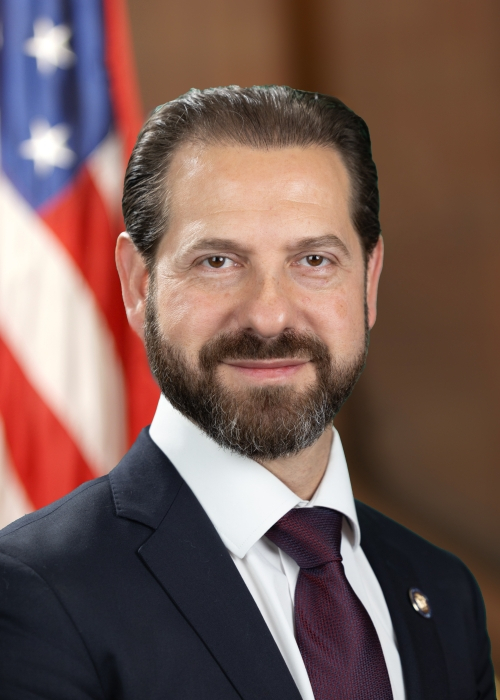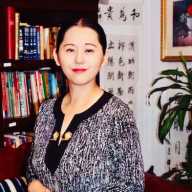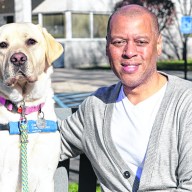East Hills resident Spencer Gee, a martial arts instructor and adjunct professor at Hofstra University, will present research on the benefits of tai chi and qigong for people with Parkinson’s disease at the National Qigong Association’s 2025 annual conference in September.
The conference, set for Sept. 24-26 in Richmond, Va., will focus on the theme “Harmony in Motion,” a concept that aligns with Gee’s teaching philosophy. For him, tai chi is not just a centuries-old martial art, it is a practical, accessible tool for improving health, confidence and quality of life.
His presentation will highlight a program he launched 15 years ago at the New York Institute of Technology to help people with Parkinson’s disease, a progressive neurological disorder that affects movement and balance, through targeted tai chi exercises.

“Tai chi combines the best of dance and boxing,” Gee said. “It can slow the progression of Parkinson’s in a way that’s fun, interesting and effective.”
Parkinson’s disease involves the gradual breakdown of nerve cells in a part of the brain called the basal ganglia, which leads to a shortage of dopamine, the chemical that helps control movement. Symptoms include stiffness, tremors and impaired balance.
Gee said tai chi’s combination of slow, coordinated movements and mental focus can help stimulate the brain to form new neural connections, which in turn may aid dopamine production. While medications such as levodopa and procedures like deep brain stimulation can help manage symptoms, Gee said exercise-based interventions are the safest and can be highly effective in slowing the disease’s progression.
His classes blend traditional tai chi forms with visual teaching aids, including plush animal toys, to make the practice more engaging. Many of tai chi’s movements have names tied to animals, such as “grasp the sparrow’s tail” or “carry tiger.” Gee uses props to help students visualize and remember the motions.

“It lightens the atmosphere and brings the practice to life,” he said. “People may hear the names, but until they see it, they can’t fully connect the movement to the idea. The props make it click.”
Gee’s teaching approach emphasizes not just physical benefits, but also enjoyment.
“We’re looking to help people develop more coordination between their mind and body by doing things that are not just clinical, but fun,” he said.
The National Qigong Association conference will give Gee the opportunity to share his findings and methods with practitioners from across the country. He hopes to inspire other instructors to adapt similar programs for their own communities, especially for older adults and those living with chronic health conditions.
“There’s a bright future for people to empower themselves through tai chi,” Gee said. “It can truly improve quality of life.”
Gee’s journey began long before he became a fixture in New York’s wellness community. A native of San Leandro, Calif., he discovered tai chi as a student at the University of Southern California. In 1981, he represented the United States on the first tour to the People’s Republic of China, conducting direct research on the discipline.

When he moved to New York in 1983, he began teaching martial arts-inspired fitness classes in Douglaston before expanding his reach to Long Island.
Today, Gee teaches at 12 locations, including the Glen Cove Senior Center and the Oyster Bay Life Enrichment Center. He also works with fellow instructor Maria Campanella at Holy Resurrection Greek Orthodox Church in Brookville. Alongside his community teaching, Gee serves as a professor at Hofstra University, where he continues to promote tai chi as a pathway to better health.
In addition to teaching, Gee advocates for broader recognition of tai chi and qigong as evidence-based health interventions. He points to growing scientific research supporting their use for improving balance, reducing falls in older adults, lowering blood pressure and enhancing sleep.
































